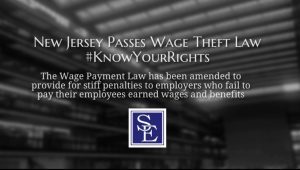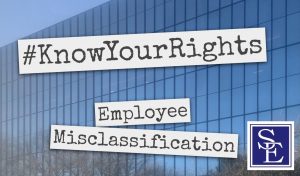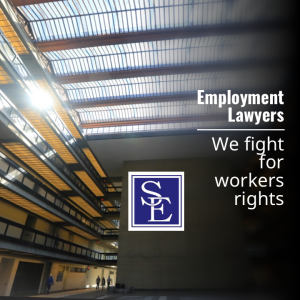Statistics show people with disabilities in the United States are twice as likely to be unemployed than those without a disability. The issue has been exacerbated during the coronavirus pandemic, which has caused joblessness to rise and an increase of workplace disability discrimination. But underlying the conversation about getting people with disabilities back to work is a controversial debate about where and what type of work people with disabilities should have access to and be provided reasonable accommodations.
 In September 2020, Governor Murphy announced that a total of $1,312,500 of CARES Act funding will be used to reopen 26 sheltered workshop programs throughout New Jersey which have been closed for close to a year due to the Covid-19 pandemic. In making this announcement, supporters credited sheltered workshops with providing “a positive and valuable service for our developmentally disabled community”, and “a safe work environment that cultivates their skills and abilities”. However just 4 months later, in January 2021, some of those same supporters advanced the argument that our state government should be doing more to help individuals with disabilities find inclusive and competitive employment. So what is a sheltered workshop and how is it different from an inclusive and competitive workplace?
In September 2020, Governor Murphy announced that a total of $1,312,500 of CARES Act funding will be used to reopen 26 sheltered workshop programs throughout New Jersey which have been closed for close to a year due to the Covid-19 pandemic. In making this announcement, supporters credited sheltered workshops with providing “a positive and valuable service for our developmentally disabled community”, and “a safe work environment that cultivates their skills and abilities”. However just 4 months later, in January 2021, some of those same supporters advanced the argument that our state government should be doing more to help individuals with disabilities find inclusive and competitive employment. So what is a sheltered workshop and how is it different from an inclusive and competitive workplace?
A sheltered workshop is an employer that is authorized under New Jersey’s Wage and Hour Law to employ individuals with disabilities at a rate less than the minimum wage. Specifically, Subchapter 9 of the Wage and Hour Law, defines “individual with disability” as someone whose earning capacity is impaired by a physical or mental disability and “sheltered workshop” as a charitable organization focused on rehabilitation, employment or vocational training for individuals whose earning capacity is thus impaired. The law is based on the faulty logic that a person’s disability is the main factor impairing his or her earning potential, and not the law itself which explicitly degrades that potential. These sheltered workshops apply for permits with the Office of Wage and Hour Compliance which authorize them to employ individuals with disabilities at less than minimum wage. Only people with disabilities can be employed under these special permits, ensuring that all non-disabled employees are paid higher wages.
 New Jersey Employment Lawyers Blog
New Jersey Employment Lawyers Blog







